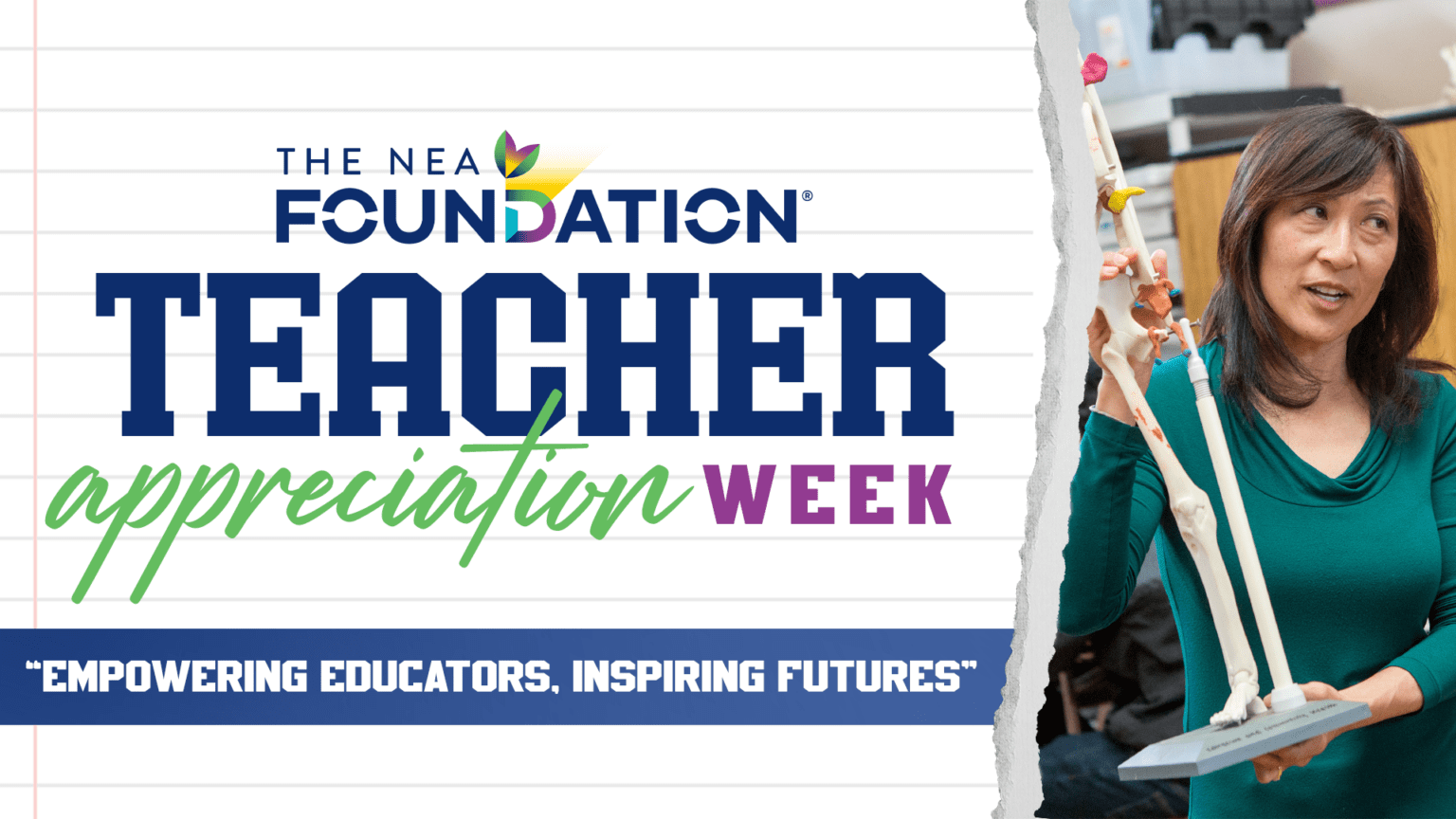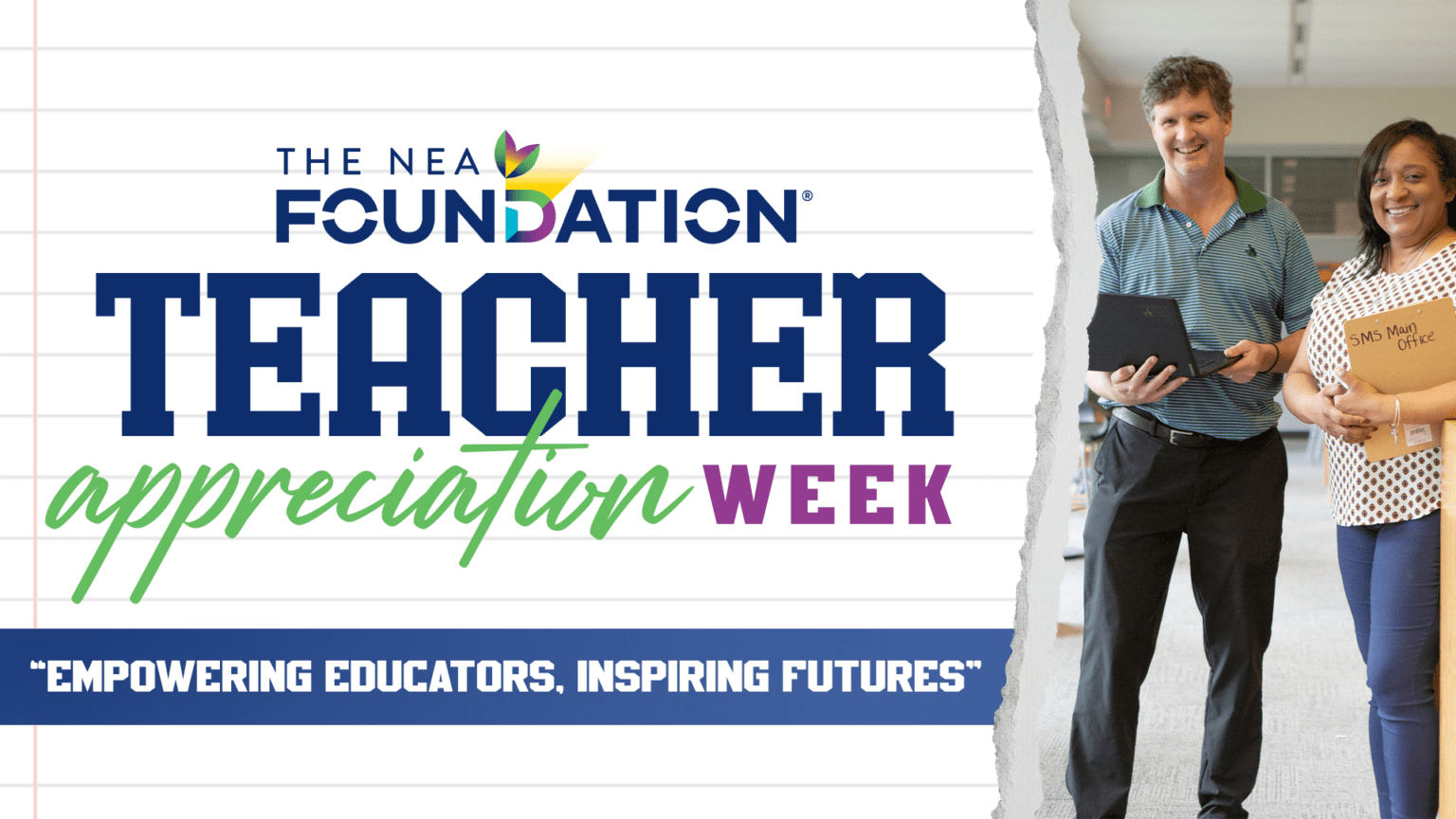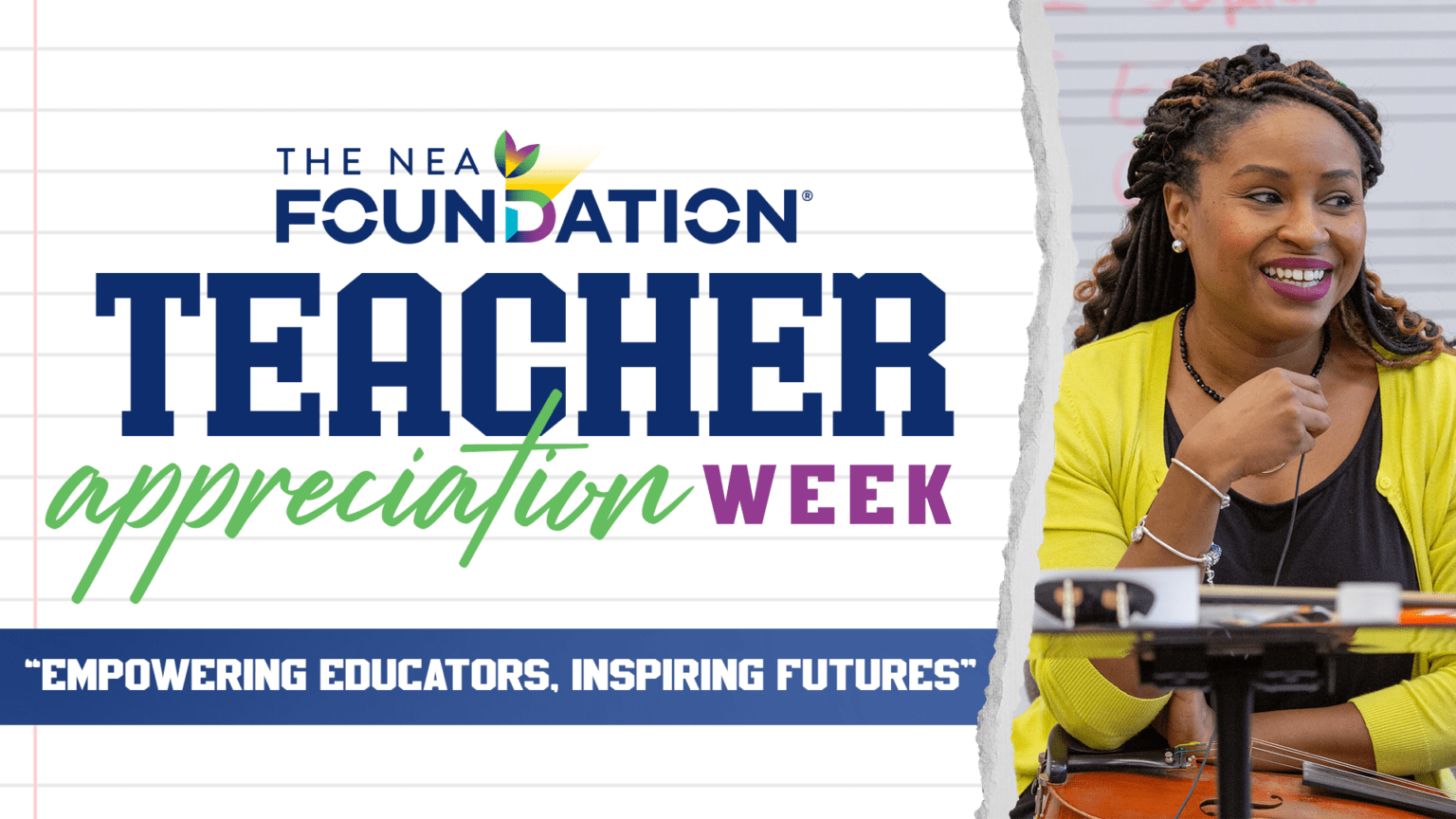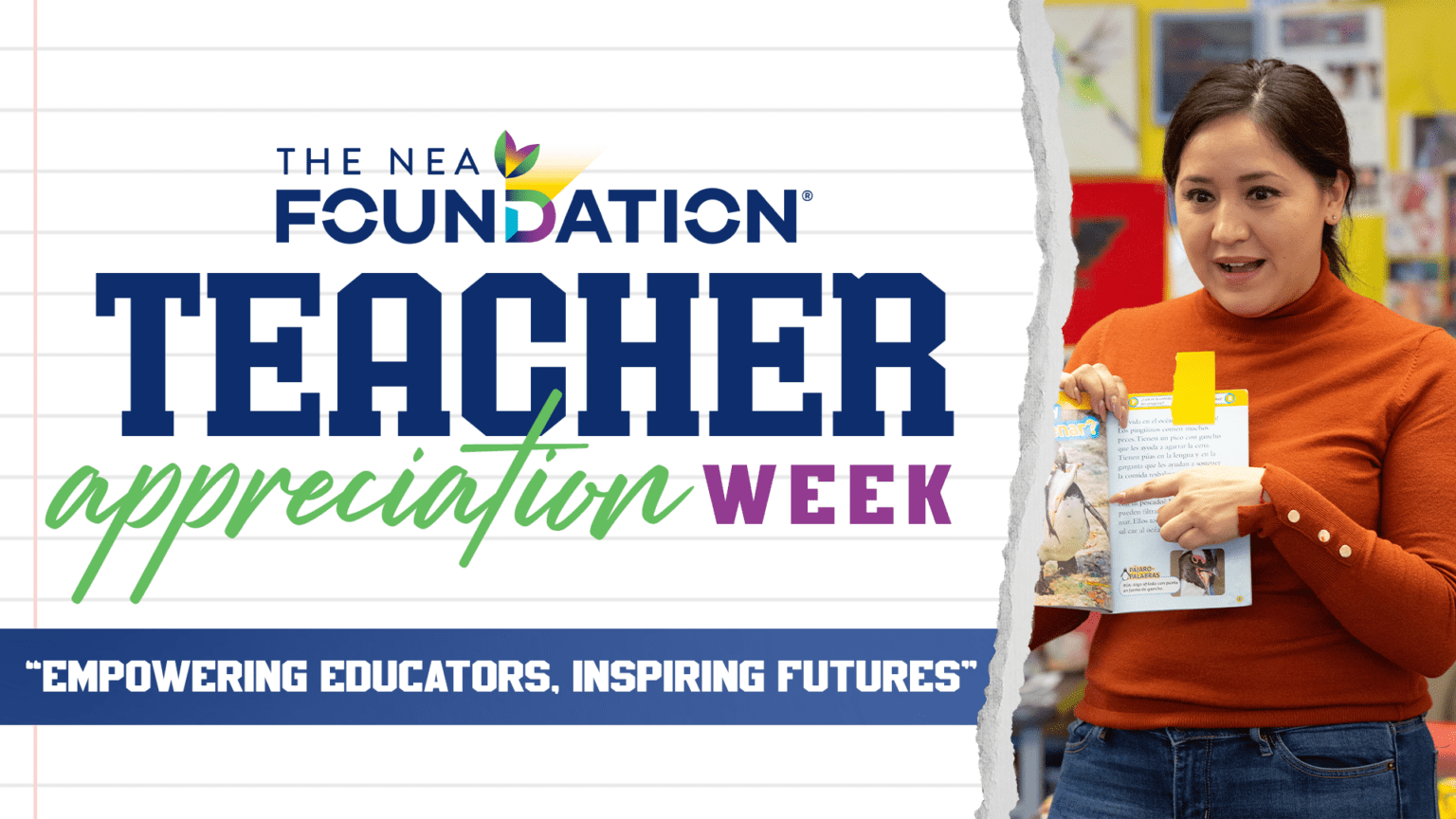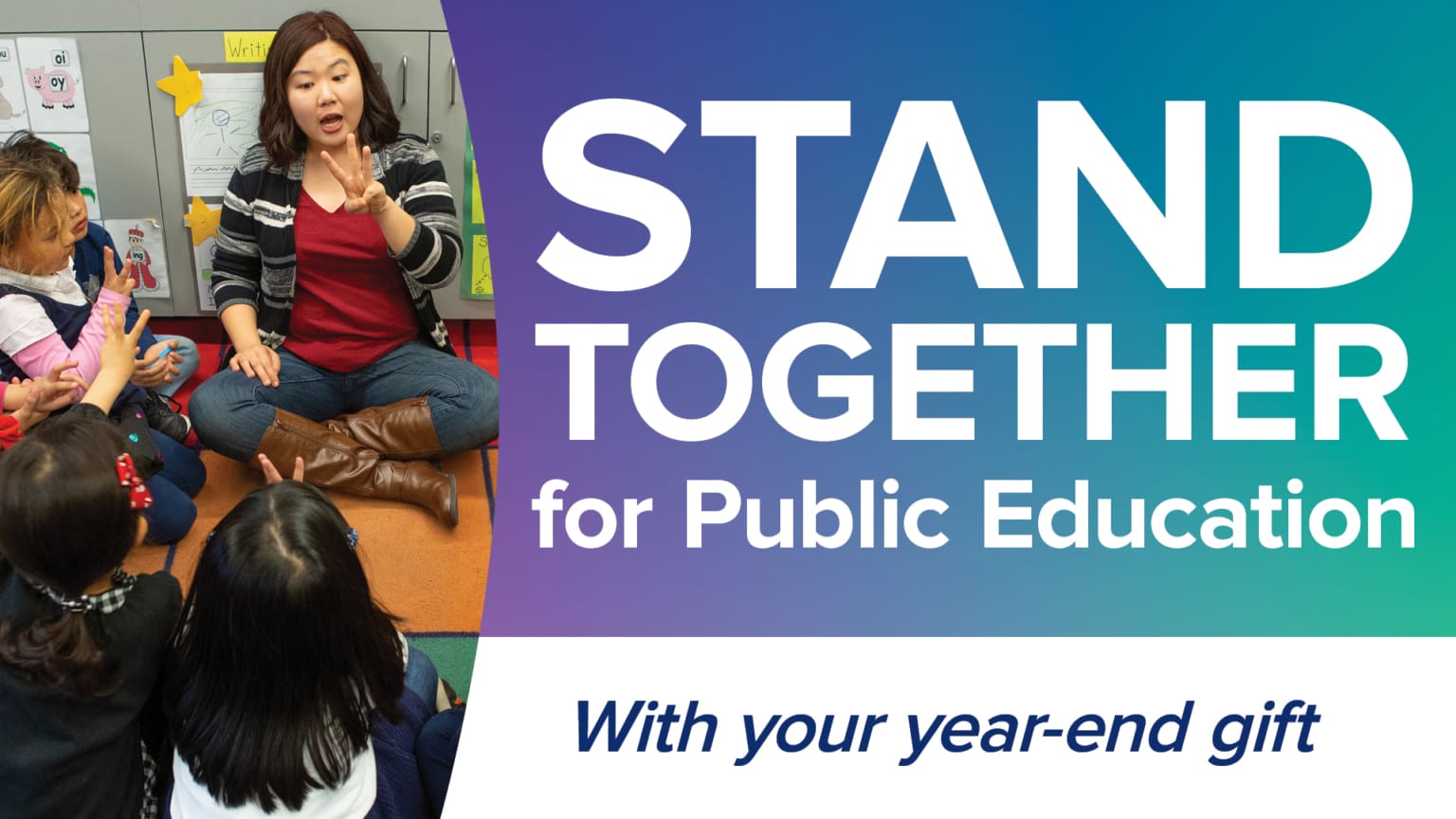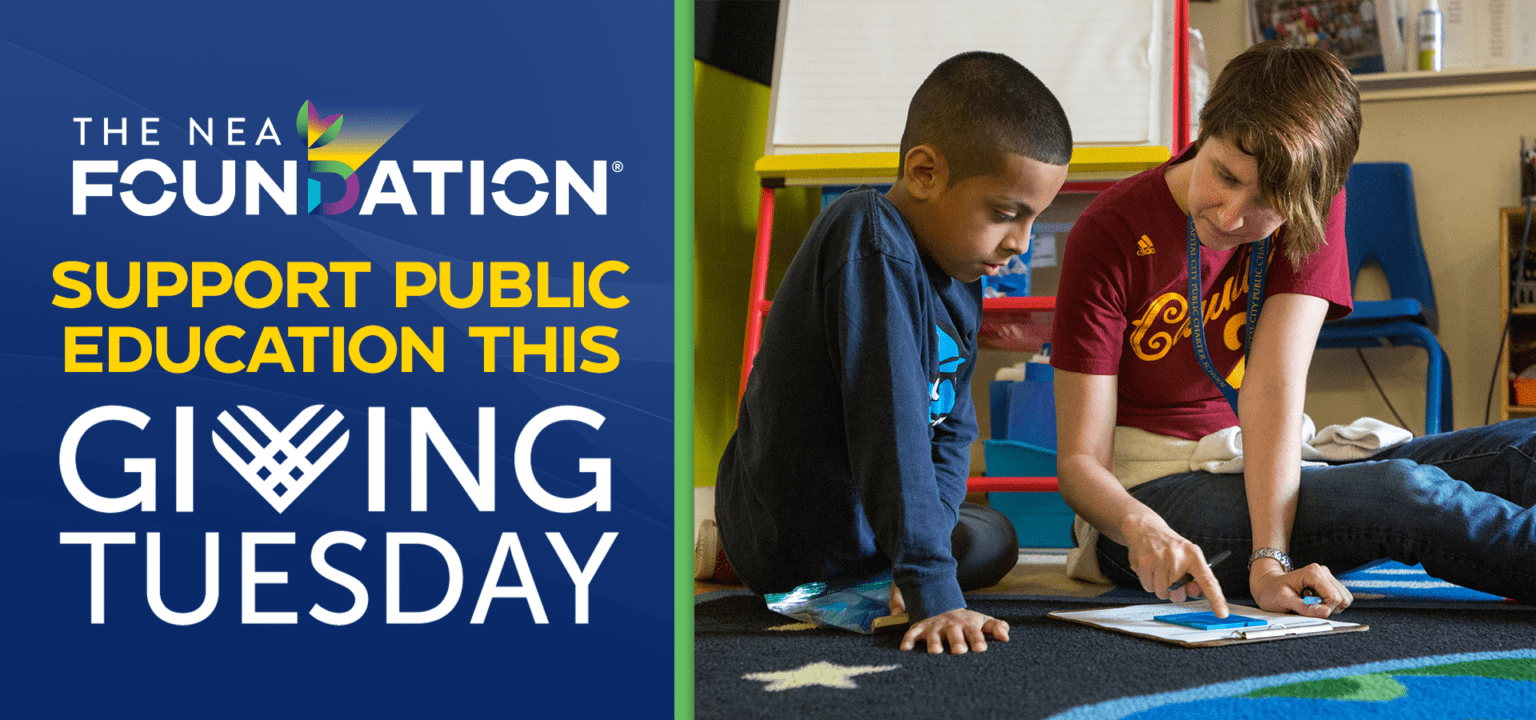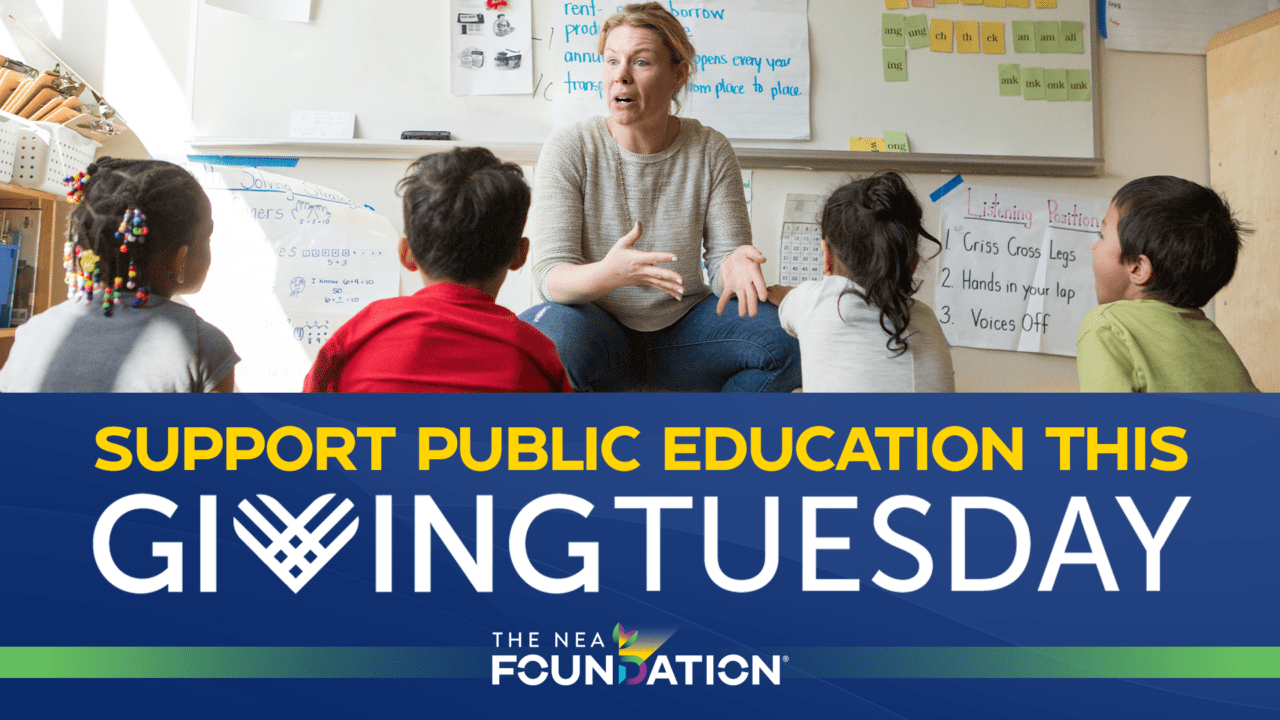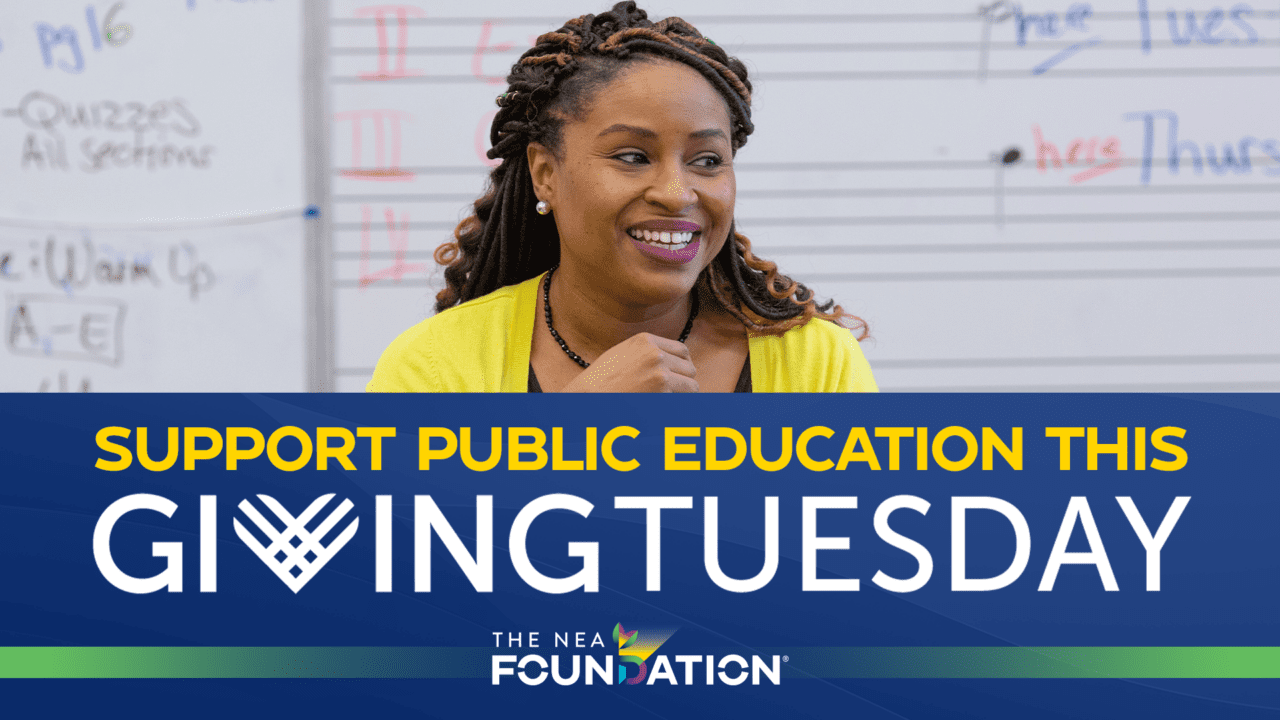
At a time when the nation’s policy makers have been counter-productively attempting to manipulate educators with enticements and threats, it’s important to remember the research that shows educators to be most responsive to working conditions. Similarly, it’s helpful to keep in mind that a good environment for teaching is invariably a good environment for learning. While educators’ interests do not always match the interests of their students, such alignment is the overwhelming norm.
Education unions therefore exist within a dual space that combines nuts-and-bolts representation with engagement as a professional organization, comparable to state bars for attorneys. These unions will—and should—always play a role in bottom-line negotiations and in pursuing due process for teachers. But as set forth in this new brief from the NEA Foundation, educator unions in the 21st century should also be constructively and creatively taking on subjects that implicate the working (and learning) conditions that we should all care about: class size; mentoring, induction, and professional development; Peer Assistance and Review (PAR) systems; common planning time; decision-making partnerships; strong supports for students; and maintaining safe and welcoming school cultures.
This expanded union role can and should arise from a vision of evidence-based policies and practices that enhance the lives of educators and students, and this brief is an important step in that direction.
By Kevin Welner
Director, National Education Policy Center
Professor, University of Colorado Boulder, School of Education
Senior Fellow, The NEA Foundation

